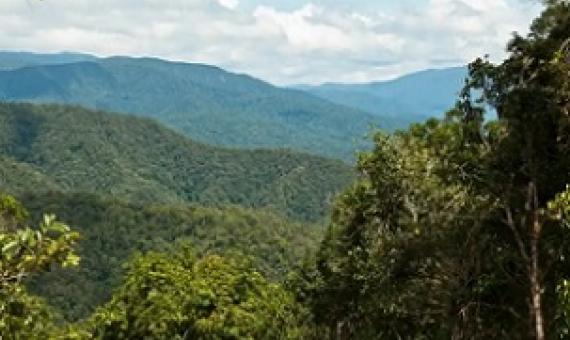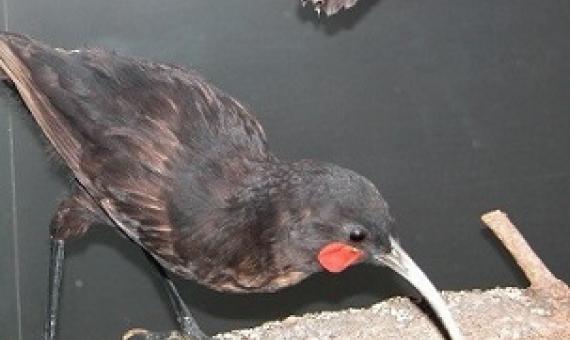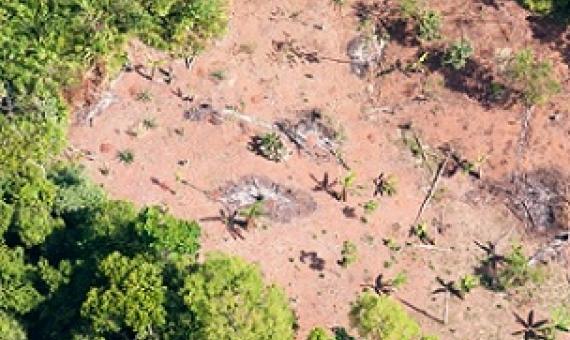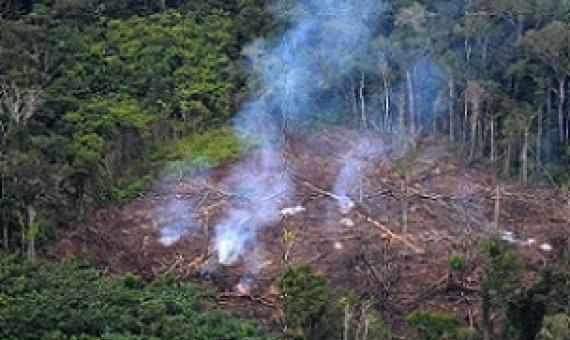An international study led by the Institute of Environmental Science and Technology of the Universitat Autònoma de Barcelona (ICTA-UAB) stresses the need to apply a biocultural approach in nature conservation programs.
The story of the biodiversity crisis starts with a cold-case murder mystery that is tens of thousands of years old.
Human impacts on mammals in and around a protected area before, during, and after COVID-19 Lockdowns
The dual mandate for many protected areas (PAs) to simultaneously promote recreation and conserve biodiversity may be hampered by negative effects of recreation on wildlife. However, reports of these effects are not consistent, presenting a knowledge gap that hinders evidence-based decision-making.
Human-caused bird extinctions are driving losses of functional diversity on islands worldwide, and the gaps they leave behind are not being filled by introduced (alien) species, finds a new study led by UCL and University of Gothenburg researchers.
From willow bark to mosquitoes, nature has been a source of vital medications for centuries.
Human impacts and Anthropocene environmental change at Lake Kutubu, a Ramsar wetland in Papua New Guinea
The impacts of human-induced environmental change that characterize the Anthropocene are not felt equally across the globe. In the tropics, the potential for the sudden collapse of ecosystems in response to multiple interacting pressures has been of increasing concern in ecological and conservation research. The tropical ecosystems of Papua New Guinea are areas of diverse rainforest flora and fauna, inhabited by human populations that are equally diverse, both culturally and linguistically.
Research has shed new light on the impact of humans on islands' biodiversity. The findings show how human colonization altered forest across the islands of Macaronesia including the loss of landscape authenticity.
Tropical forests are some of the most threatened ecosystems on Earth, largely due to recent human activities.
A new study by Tel Aviv University reveals significant ecological damage to many MPAs around the world. The study findings point to a strong "edge effect" in MPAs, i.e.
The global economy's business-as-usual approach to climate change has seen Earth's "vital signs" deteriorate to record levels, an influential group of scientists said Wednesday, warning that several climate tipping points were now imminent.














